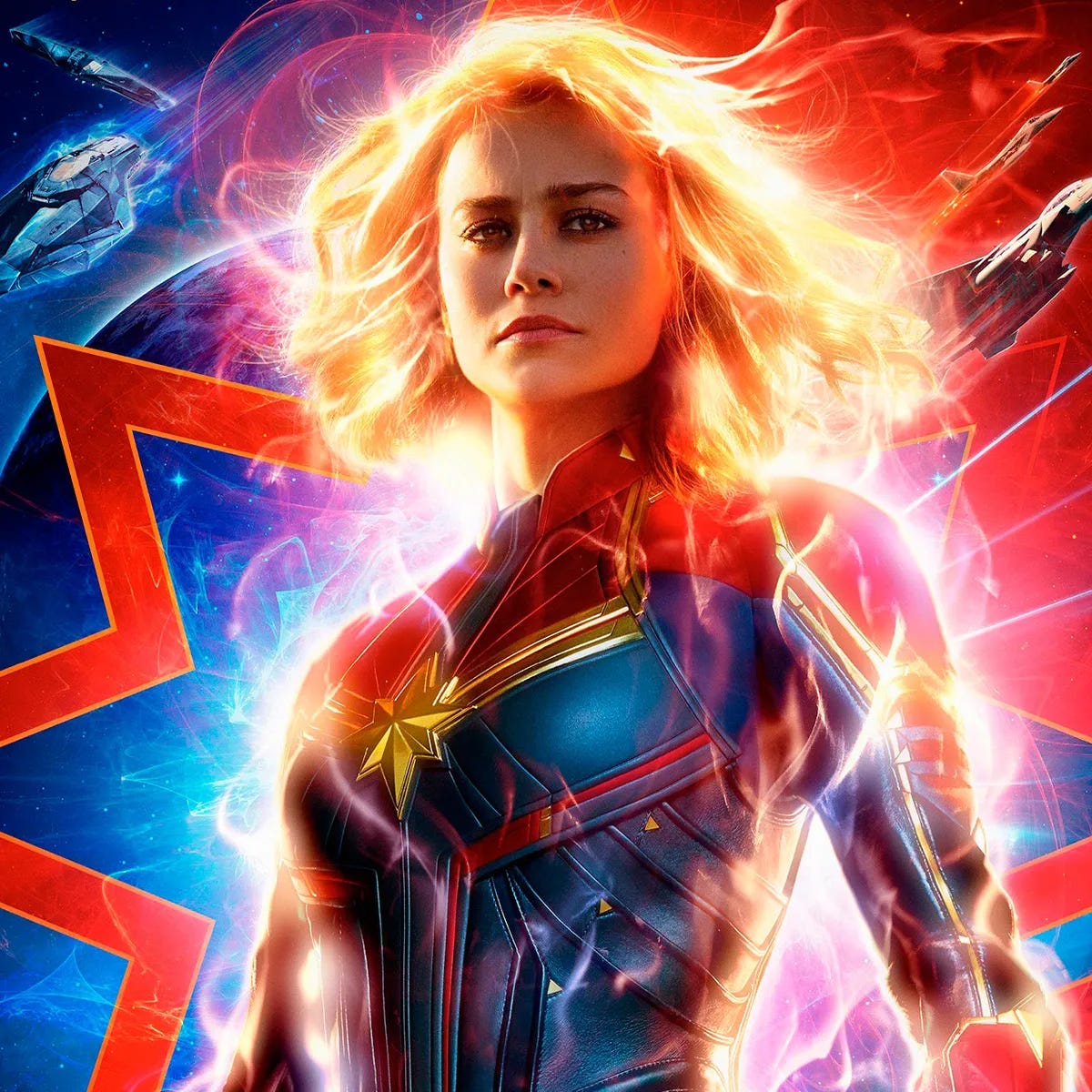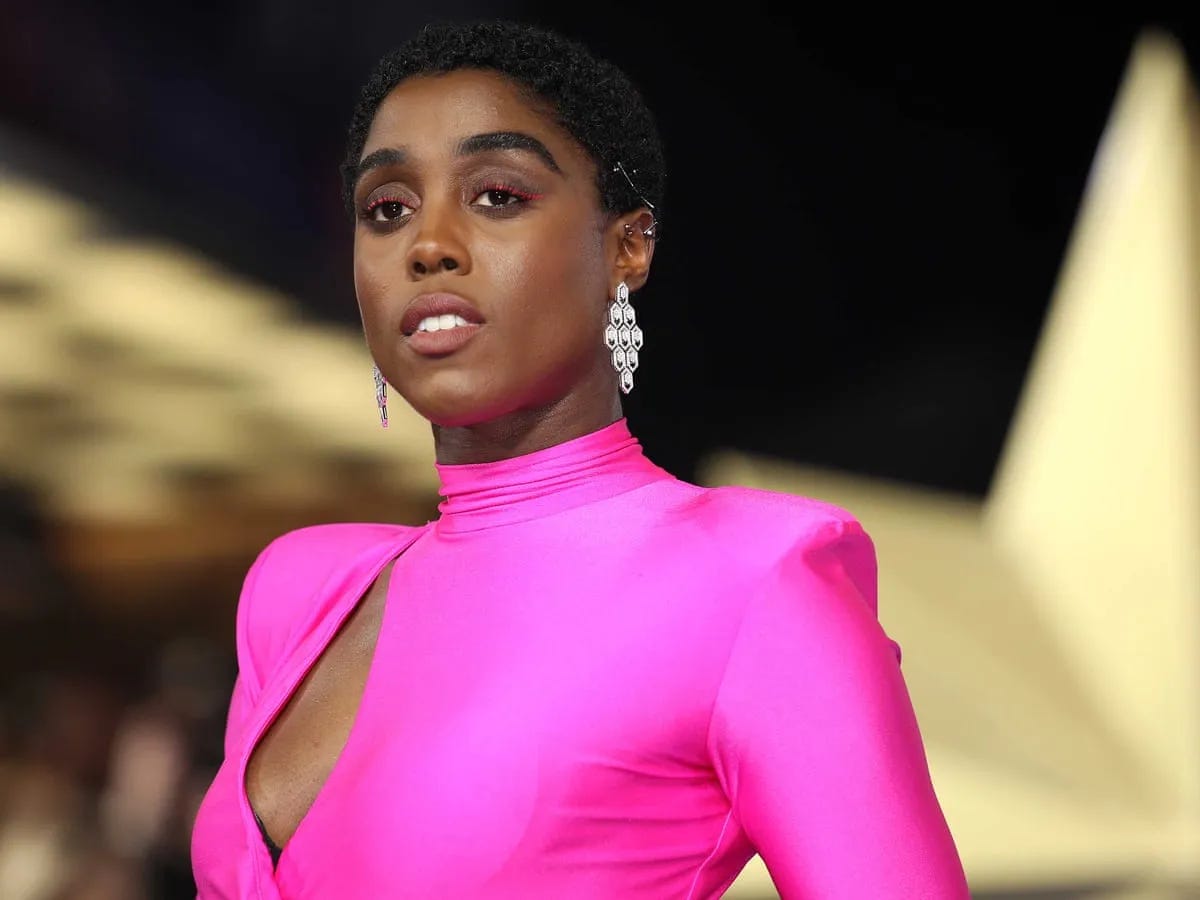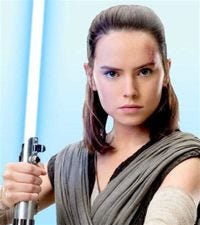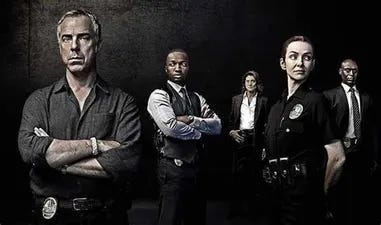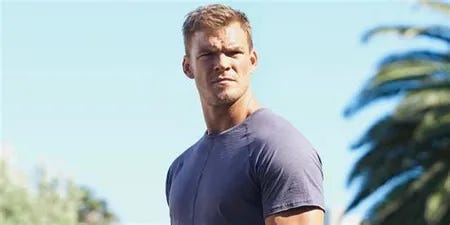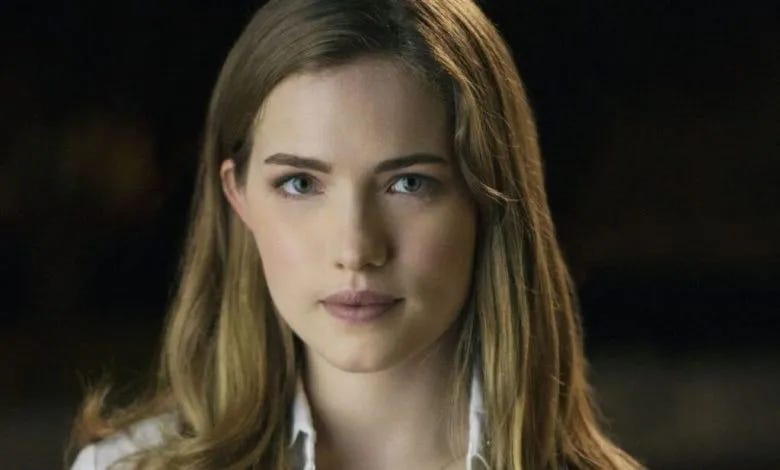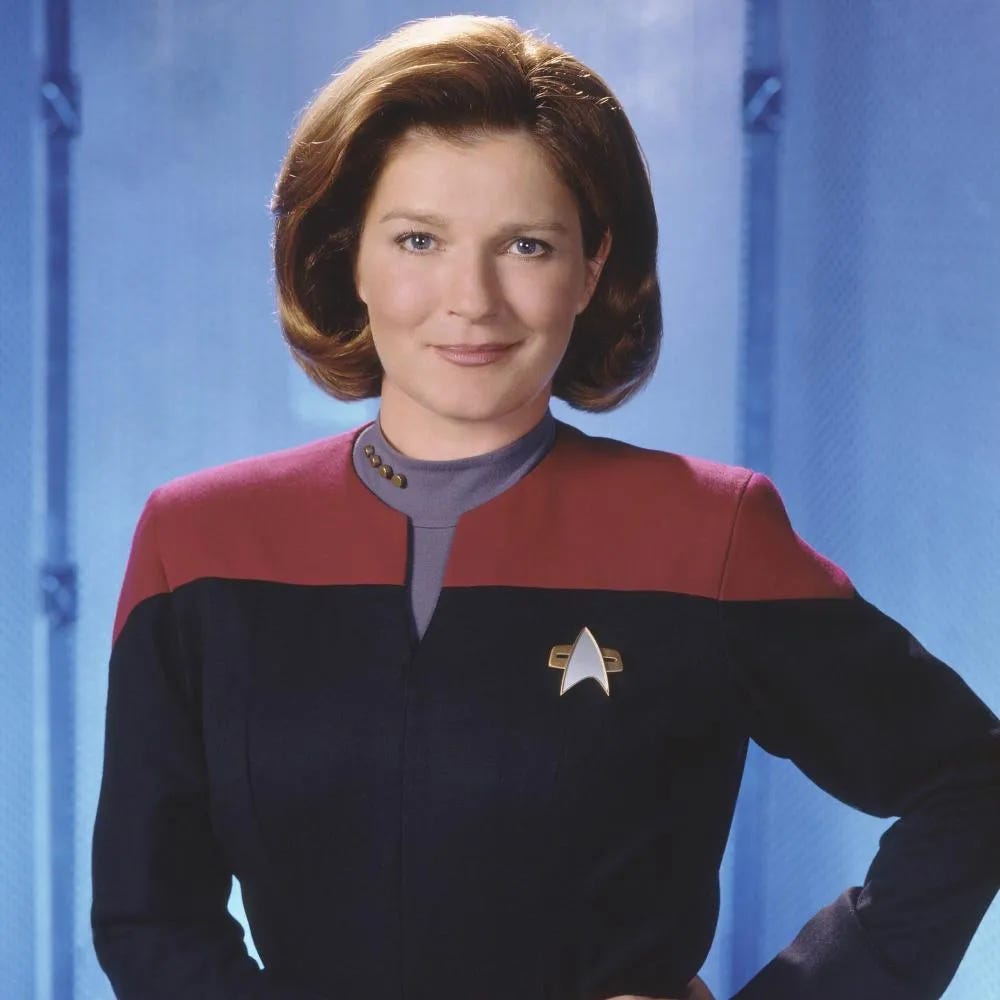Wokeness, with its many quasi-religious tenants and rules and an underlying threat of cancellation and negative press, has ruined a lot of entertainment today. It comes in two main forms. The first is a required mixing of representation of different “protected-class” people in a cast of characters. The second is the use of female characters who behave like men, who never make mistakes (Mary Sues), and/or replace a male character in an existing franchise. Rigidly following these rules in the making of shows, and even commercials, has made so many shows and movies unwatchable.
However, I have seen exceptions to this general rule. Some entertainment vehicles have managed to run along the edges of the rules and make some good entertainment. Bosch and Jack Reacher are two good examples.
“Forced” Representation
You can see it in every commercial and print advertisement, much less movies and television shows. The actors we see are all picked and assembled using a “represented victim class” checklist to project to us a wonderful, feel-good “wokeness.” But even further, the actors portraying the characters must be themselves representatives from that protected class.
This arises from “DIE” values, as Jordan Peterson calls them, standing for Diversity, Equity, and Inclusion. The thinking behind it is group-oriented. DIE is not interested in the individual—it’s the protected class they are from that counts. The hierarchy of the victim classes involved is highly politically-charged. If it were to become politically advantageous to promote Eskimos, we will see more Eskimos. If you are not a member of one of these groups, you are thrown categorically into the villainous rabble of the majority. If you are a white male, you are to be denigrated, and there are no white male subgroups: a red-haired Irishman is in the same majority as the blond, blue-eyed German.
This all leads to bad entertainment, if not to say major concerns about the culture in general. I watched a clip of an actress discussing her part in the upcoming “Rings of Power” on Amazon Prime, and she spent a great deal of time gushing that her part was about forwarding “inclusiveness.” Firstly, does this really draw in people seeking entertainment? The most important thing (according to the actress) is that people who look like her can feel included, not a good story or characters. Secondly, she presumes that all people who look like her, think and feel the same way as she does. Actors spouting off such nonsense make themselves out as the spokesman for an entire group of people and that by merely being represented in a show, this is some kind of leap forward for them all. I find that cheeky and insulting.
Interchangeability of Characters and People
The other broad category of “wokeness” betrays a ridiculous worldview that people and characters, principally in regard to the sexes, are equal and therefore interchangeable. It’s become customary to turn a male character into a female one, and it’s especially egregious in remakes of existing franchises. It’s absurd to have to assert this as an example, but you cannot change James Bond’s sex, sexuality, ethnicity, or nationality and still have the same great character as written. This is so for the same reason were you to change his profession from “spy” to “janitor.”
Calls for a transformed James Bond are made because the woke want to transfer the established fame of the character to their “preferred” version. But more to the point, they also believe (by obvious inference) that characters/roles/people are interchangeable. A female Captain Kirk, they would assert with this thinking, is just the same, just as compelling, just as memorable as the male version. I heartily disagree. Part of Captain Kirk’s greatness is his manliness. Take that away, and it’s not Captain Kirk.
It’s sad that I must assert what should be obvious to everyone: men and woman are different—they are not interchangeable. Male action heroes are the default because men are built naturally for that role. You can have a female in such a role, but this does not come naturally. There are women in the real world who have highly achieved in a traditional male role. By doing so, they’ve achieved something that most men have not, much less other women. That makes them extraordinary individuals and by default also rare. So, to be compelling and believable, the female action character must be written very carefully to make it work. Today instead we see lots of “Mary Sues” who are already perfect, never wrong, or make mistakes. We also see lots of female characters simply acting like males.
I recently watched a current British cop show, available on Britbox. At one point, the diffident male protagonist enters a room with female cops sitting around. They all, purposefully I’m sure, have these very arrogant and smug expressions on their faces. The point was to portray women who are “powerful.” This is another focus of wokeness that sees the world as unfairly balanced in regard to power. The scene in the show was frankly insufferable. What the writers and producers of these shows fail to see is that even male characters with this kind of attitude are awful, and quite often characters who get their comeuppance at some point in the story. These kinds of characters are often the antagonists of the story, rarely the heroes.
Wokeness betrays a tangible shame in femininity. Even if we grant having “powerfulness” as a desirable trait, women do not have to behave like men to have power. They also do not need to be ashamed of the real power that is in her bodies. Man is the glory of God, while woman is the glory of man, says St. Paul. They are glorious to us mere men—their beauty is captivating and their power to produce children is truly staggering. They are better at being women than all men, and many of them are better at doing male things than many men.
Done Right
I already mentioned examples with good female protagonists and built-in mixtures of different types of people, Bosch and Jack Reacher, both which are on Amazon Prime. Bosch has it all—the cops he works with include a great mix of ethnicities, a lesbian captain, and male and female cops working together. It works because the characters are well-written, it’s not pushed on us, and it feels real. You would expect a local police station in Los Angeles to have all of that. The women act like women, and there’s no general denigration of white males (good and bad-behaving characters come in all categories).
Jack Reacher also works. The team of good guys includes a black detective and a white female police officer, both of which you would not be surprised to see in a local police force.
The female officer, Roscoe Conklin, is a tiny person, and at times is a little unrealistically effective at chasing down and beating fleeing suspects, but I was able to overlook that because her character was otherwise so good.
Going back to the 1960s and my favorite show of all time, Star Trek: The Original Series, the women were women and the racial mix was planned. The showrunners purposely chose to present characters of various ethnicities and races represented on the Enterprise. This never feels forced because it was planned that way as a vision of the future where all mankind has united in its exploration of space. It worked because Star Trek was not stressing DIE, but the unity of the races. This also worked generally in later Star Trek shows of the 1990s. Captain Janeway is a great example of an extraordinary woman in the role of captain. She does not act like a man, and she is also ably in command of her ship.
I have only seen clips and reviews of the new Star Trek series, so I cannot provide any personal feedback on those. What little I have seen has kept me from watching them. I am seeking entertainment, not increased blood pressure. And from what I have seen done to Star Wars, I am giving them all a pass.
Summing it all up, why does wokeness ruin entertainment? The reasons are obvious:
It’s forced.
It’s not real.
It’s often not true to the original writer’s intent or vision.
It’s politically-charged messaging over art.
That’s enough for me to avoid it as much as I can.





